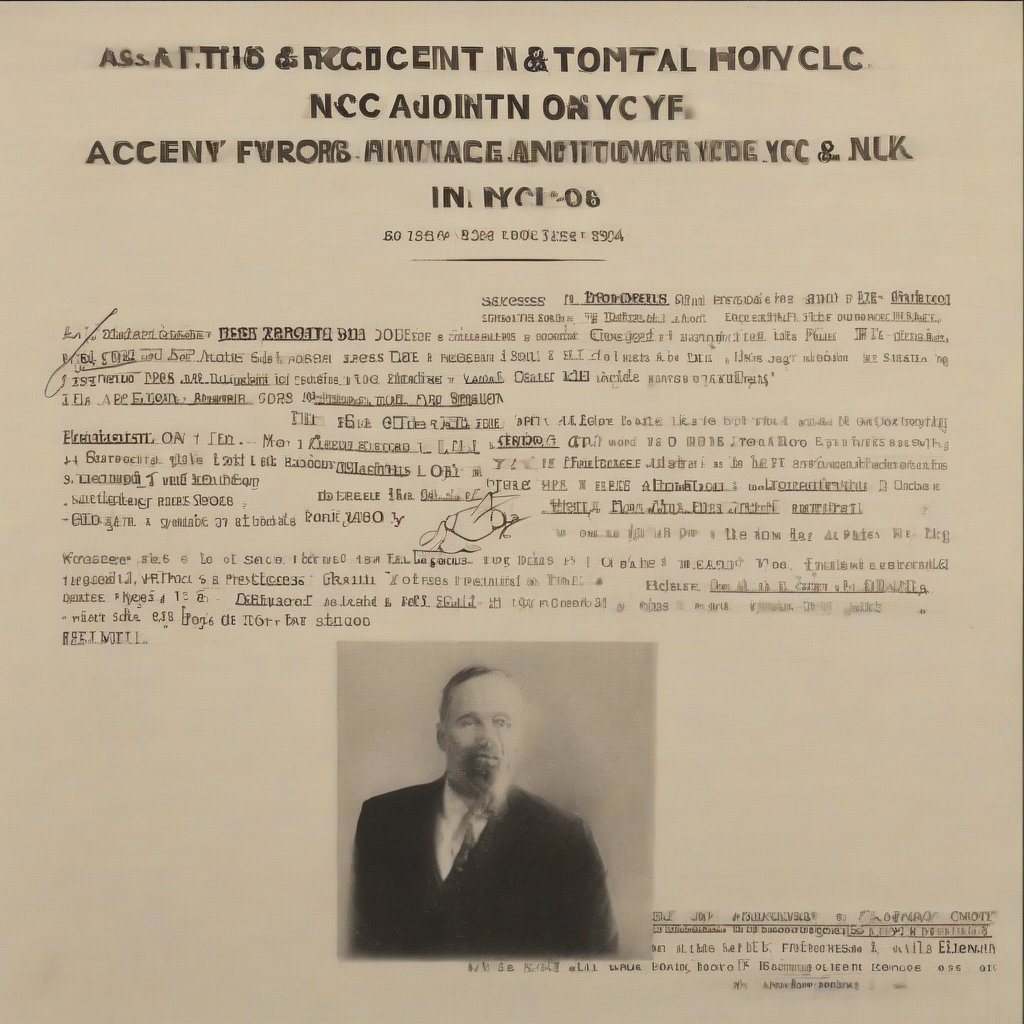Finding the Right Injury Attorney in Your Area
Suffering an injury can be a devastating experience, both physically and emotionally. Beyond the immediate pain and recovery, you may face significant financial burdens from medical expenses, lost wages, and property damage. Navigating the complexities of personal injury claims can feel overwhelming, and that’s where a skilled injury attorney becomes invaluable.
This comprehensive guide will help you understand the importance of choosing the right legal representation and provide a framework for finding the best injury attorneys in your area. We’ll explore key factors to consider, resources to utilize, and questions to ask potential attorneys to ensure you make an informed decision that protects your rights and maximizes your chances of a favorable outcome.
Understanding Your Legal Needs
Before embarking on your search, it’s crucial to understand the type of injury you’ve sustained and the specific legal issues involved. Different types of injuries require specialized expertise. For example, a car accident case will differ significantly from a medical malpractice claim or a slip-and-fall incident. Understanding your specific circumstances will guide you toward attorneys with relevant experience and a proven track record of success in similar cases.
- Type of Injury: Is it a car accident, slip and fall, workplace injury, medical malpractice, or another type of personal injury?
- Severity of Injury: What is the extent of your physical injuries? Are there long-term implications?
- Liability: Who is at fault for your injury? Do you have evidence to support your claim?
- Damages: What are your financial losses? This includes medical bills, lost wages, pain and suffering, and property damage.
Key Factors to Consider When Choosing an Attorney
Selecting the right injury attorney is a critical decision that can significantly impact the outcome of your case. Here are some key factors to consider:
- Experience and Specialization: Look for attorneys with extensive experience handling cases similar to yours. Specialization in a particular area of personal injury law (e.g., medical malpractice, car accidents) is a significant advantage.
- Track Record and Reputation: Research the attorney’s success rate and read client testimonials or reviews. Check online directories and legal rating services for information on their reputation and performance.
- Communication and Responsiveness: Effective communication is crucial. Choose an attorney who is readily available to answer your questions and keep you informed about the progress of your case.
- Fees and Payment Structure: Understand the attorney’s fee structure, whether it’s based on a contingency fee (a percentage of your settlement or award) or hourly rates. Discuss payment options and any potential costs involved.
- Location and Accessibility: While some attorneys offer virtual consultations, consider the attorney’s proximity to you, particularly for in-person meetings and court appearances.
- Client Testimonials and Reviews: Explore online reviews and testimonials from previous clients to get an idea of their experiences with the attorney and their firm.
Resources for Finding Injury Attorneys
Several resources can assist you in your search for qualified injury attorneys in your area:
- State Bar Association: Your state’s bar association maintains a directory of licensed attorneys, often including their areas of specialization.
- Online Legal Directories: Websites like Avvo, Justia, and FindLaw provide attorney profiles, reviews, and ratings.
- Referrals from Friends, Family, or Medical Professionals: Personal referrals can be valuable in finding trustworthy and competent attorneys.
- Local Legal Aid Organizations: If you’re unable to afford legal representation, legal aid organizations may provide assistance or referrals.
Questions to Ask Potential Attorneys
During your initial consultations with potential attorneys, ask these crucial questions:
- What is your experience handling cases similar to mine?
- What is your success rate in cases like mine?
- What is your fee structure?
- How will you keep me informed about the progress of my case?
- What is your strategy for handling my case?
- Can you provide references from previous clients?
- What are the potential challenges and outcomes in my case?
- What is your approach to settlement negotiations?
- What is your experience with going to trial?
- Who will be handling my case, and what is their experience level?
Understanding the Attorney-Client Relationship
Once you’ve chosen an attorney, it’s essential to understand the attorney-client relationship. This involves open communication, trust, and mutual respect. Your attorney should be your advocate, working diligently to protect your rights and achieve the best possible outcome. Maintain regular contact, ask questions, and express any concerns you may have.
Remember, choosing the right injury attorney is a crucial step in pursuing your claim effectively. By carefully considering the factors discussed above, utilizing available resources, and asking thoughtful questions, you can increase your chances of finding a skilled and dedicated legal professional to guide you through the process.
This information is for educational purposes only and does not constitute legal advice. It’s crucial to consult with a qualified attorney to discuss your specific situation and legal options.
Navigating the Legal Process
The legal process for personal injury claims can be lengthy and complex. Understanding the general steps involved will help you manage your expectations and work effectively with your attorney. The process typically involves:
- Initial Consultation: Meeting with the attorney to discuss your case and determine if they are the right fit.
- Investigation: Gathering evidence such as medical records, police reports, witness statements, and photographs.
- Negotiation: Attempting to reach a settlement with the insurance company or other responsible party.
- Litigation: If a settlement cannot be reached, filing a lawsuit and proceeding to trial.
- Trial and Verdict/Settlement: Presenting your case in court or accepting a settlement offer.
- Appeals (if necessary): Challenging a court decision through the appeals process.
Your attorney will guide you through each step of this process, providing advice and representation at every stage. Open communication and a clear understanding of the timeline are vital throughout the process.
Types of Personal Injury Cases
Personal injury law covers a wide range of cases. Understanding the different types of cases will help you determine the appropriate type of attorney to seek.
- Car Accidents: Injuries sustained in motor vehicle collisions.
- Truck Accidents: Accidents involving large commercial trucks, often requiring specialized expertise.
- Motorcycle Accidents: Accidents involving motorcycles, often resulting in severe injuries.
- Pedestrian Accidents: Injuries sustained by pedestrians struck by vehicles.
- Slip and Fall Accidents: Injuries caused by falls on someone else’s property due to negligence.
- Workplace Accidents: Injuries sustained on the job, covered under workers’ compensation laws.
- Medical Malpractice: Negligence or misconduct by medical professionals resulting in injury or harm.
- Product Liability: Injuries caused by defective products.
- Premises Liability: Injuries occurring on someone’s property due to unsafe conditions.
- Dog Bites: Injuries caused by dog attacks.
Each of these types of cases requires specific legal knowledge and experience. An attorney specializing in a particular area will be best equipped to handle the complexities of your case.



